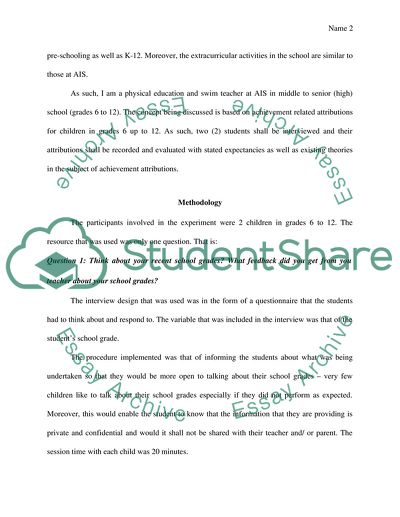Cite this document
(“Examining Achievement Related Attributions Research Paper”, n.d.)
Examining Achievement Related Attributions Research Paper. Retrieved from https://studentshare.org/psychology/1636776-examining-achievement-related-attributions
Examining Achievement Related Attributions Research Paper. Retrieved from https://studentshare.org/psychology/1636776-examining-achievement-related-attributions
(Examining Achievement Related Attributions Research Paper)
Examining Achievement Related Attributions Research Paper. https://studentshare.org/psychology/1636776-examining-achievement-related-attributions.
Examining Achievement Related Attributions Research Paper. https://studentshare.org/psychology/1636776-examining-achievement-related-attributions.
“Examining Achievement Related Attributions Research Paper”, n.d. https://studentshare.org/psychology/1636776-examining-achievement-related-attributions.


